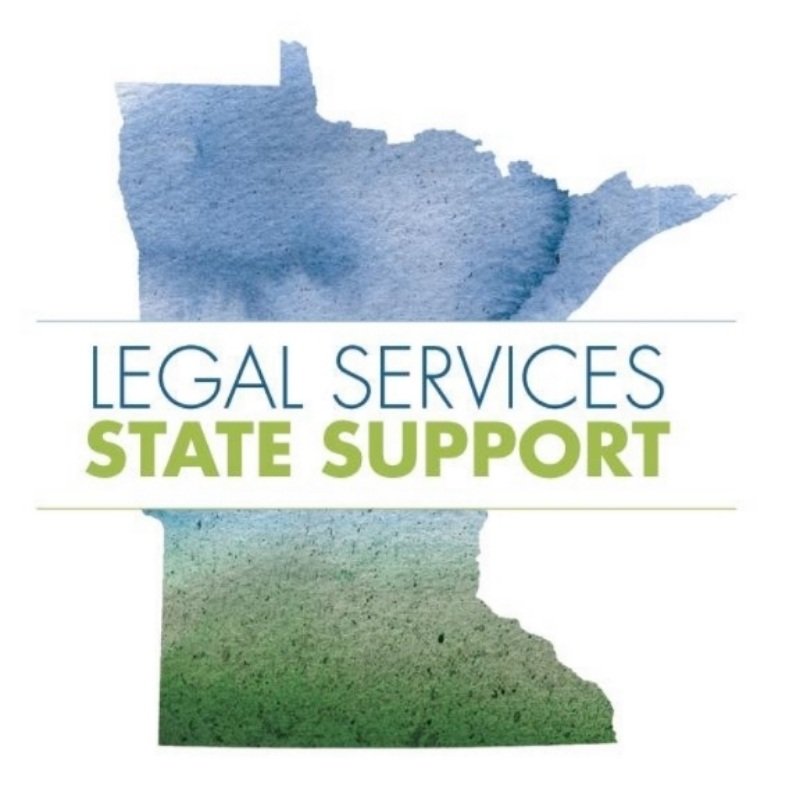Dan Stewart, deputy director with the Minnesota Disability Law Center (MDLC), recently spoke with Minnesota Public Radio News about last year’s legislation that requires public schools to assess students with individualized education programs (IEPs) and determine whether they have regressed or lost learning opportunities during COVID-19. Schools must then develop and deliver services that would help compensate for the lost learning. Amid staff shortages and school closures, parents and educators face enormous, unprecedented challenges.
Two years of living with the pandemic has meant that many of the youngest and oldest learners with disabilities have missed out on in-person education and programs that are critical to their progress, and may be irreplaceable.
“For these kids, the COVID experience has been a largely unmitigated disaster because of the COVID restrictions, because of staffing problems, because of technology problems,” Stewart said.
Maren Hulden, staff attorney with the Legal Services Advocacy Project (LSAP), also spoke with MPR News about the difficulties school administrators face in implementing the new special education legislation amidst staff shortages.
“For the kids who are hit hardest by pandemic disruptions, if we don’t find creative ways to meet their needs where they’re at right now, everything is going to get harder for them in the coming months and years,” Hulden said. “And it’s going to get harder for the adults in their lives to be able to figure out how to support them, including — and maybe especially — schools.”
Read more in COVID forces hard school choices for students with Down syndrome and their families.

